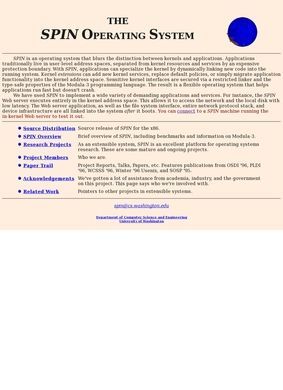The Analysis and Response Toolkit for Trust (ARTT) is a resource designed to foster trust-building dialogue on topics like vaccine efficacy. This online platform aims to improve the quality and understanding of discussions, particularly in areas often plagued by misinformation and mistrust. It offers a comprehensive suite of tools, concentration on the nuances and complexities surrounding vaccines and immunizations.
One of the central features of the ARTT is the Guide. This guide provides key insights into analysis and how to respond during such intricate discussions. It is designed as an interactive manual for engaging conversation and critical thinking, considering the multifaceted contexts, challenges, and needs an individual might encounter midway in discussions.
The toolkit showcases different scenarios and possibilities for these conversations, serving as an encyclopedic reference for tackling challenging subjects. The conversational techniques presented by ARTT are not limited to a single approach but provide a spectrum of engagement strategies, emphasizing creativity and reliable information's important role.
Another noteworthy element of the ARTT is its focus on privacy and transparent use of policies. Users can find easily accessible options to change their privacy settings. This feature adds a level of control and understanding for users, creating a Trustworthy environment. Additionally, ARTT's content is accessible under a CC BY 4.0 license, demonstrating commitment to broad and diverse accessibility.
However, accessing the website may be confusing for new users as it doesn't immediately direct users to a brief explanatory overview of the course. As per the 'Frequently Asked Questions' page, this would seem to be more beneficial in orienting new users before they delve into the resources provided.
Overall, the ARTT excellent intelligence and a practical device for individuals looking to contribute to profound and trust-building conversations online. Its focus on fostering creativity, reliability, user control, and inclusivity makes it a gold standard in building conversational trust.
